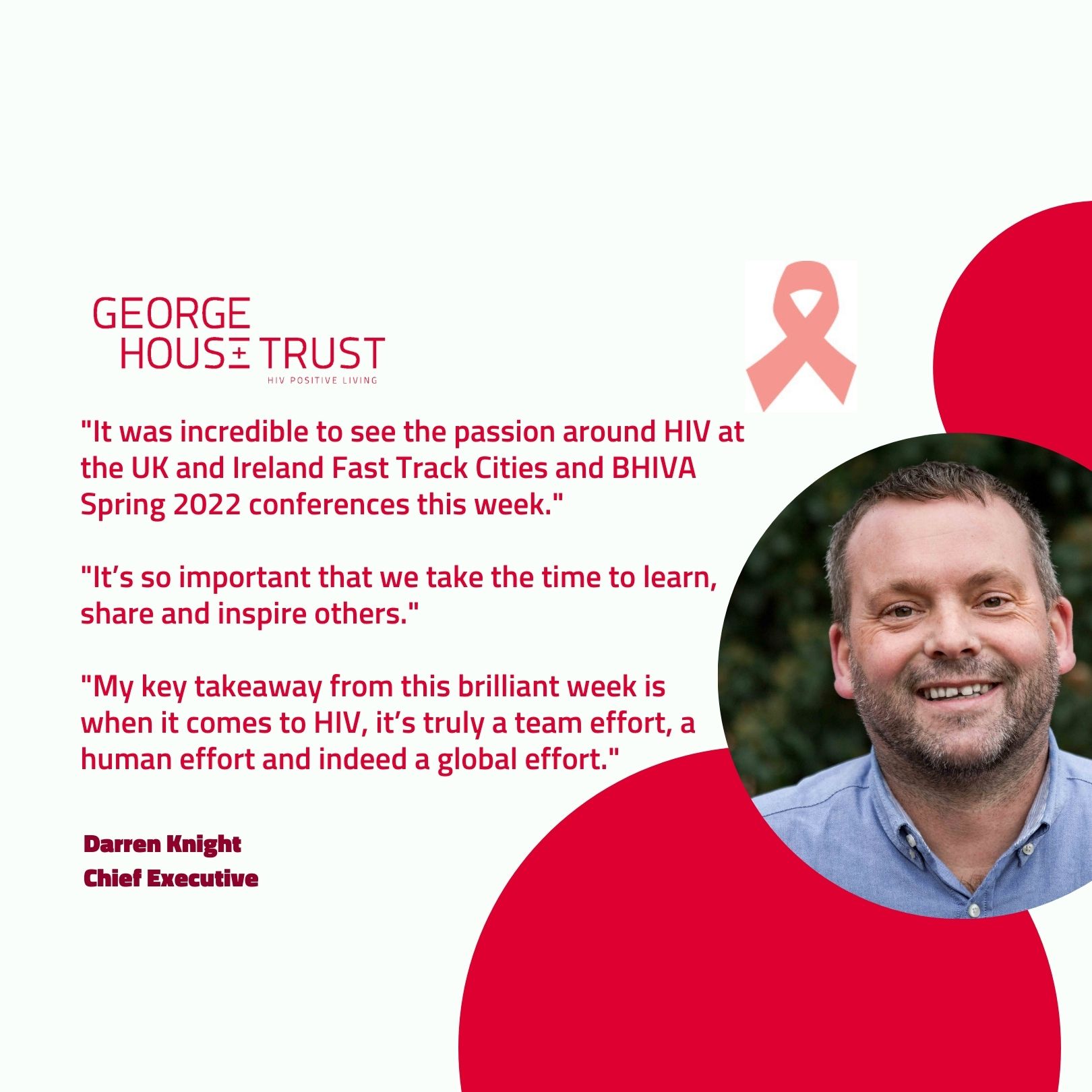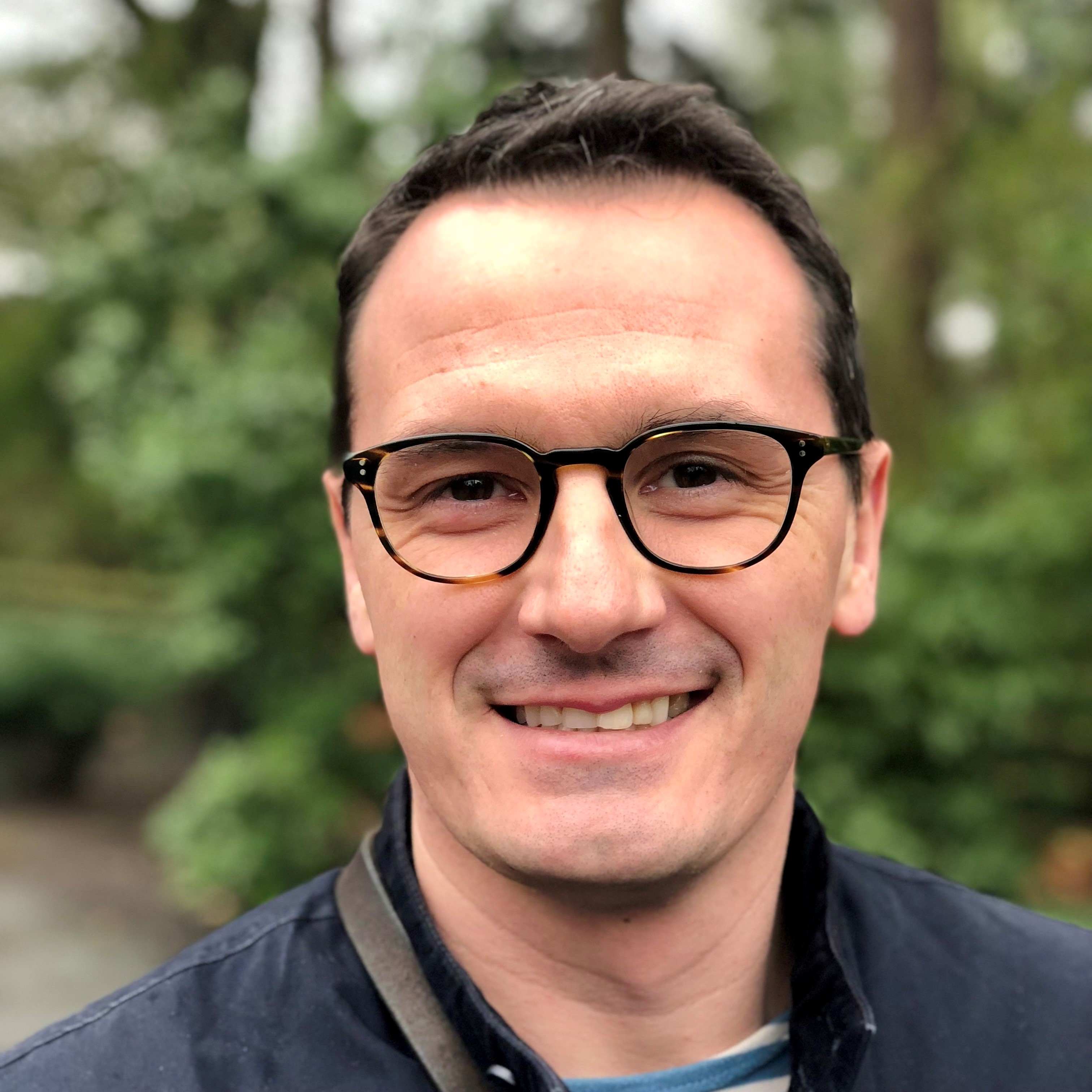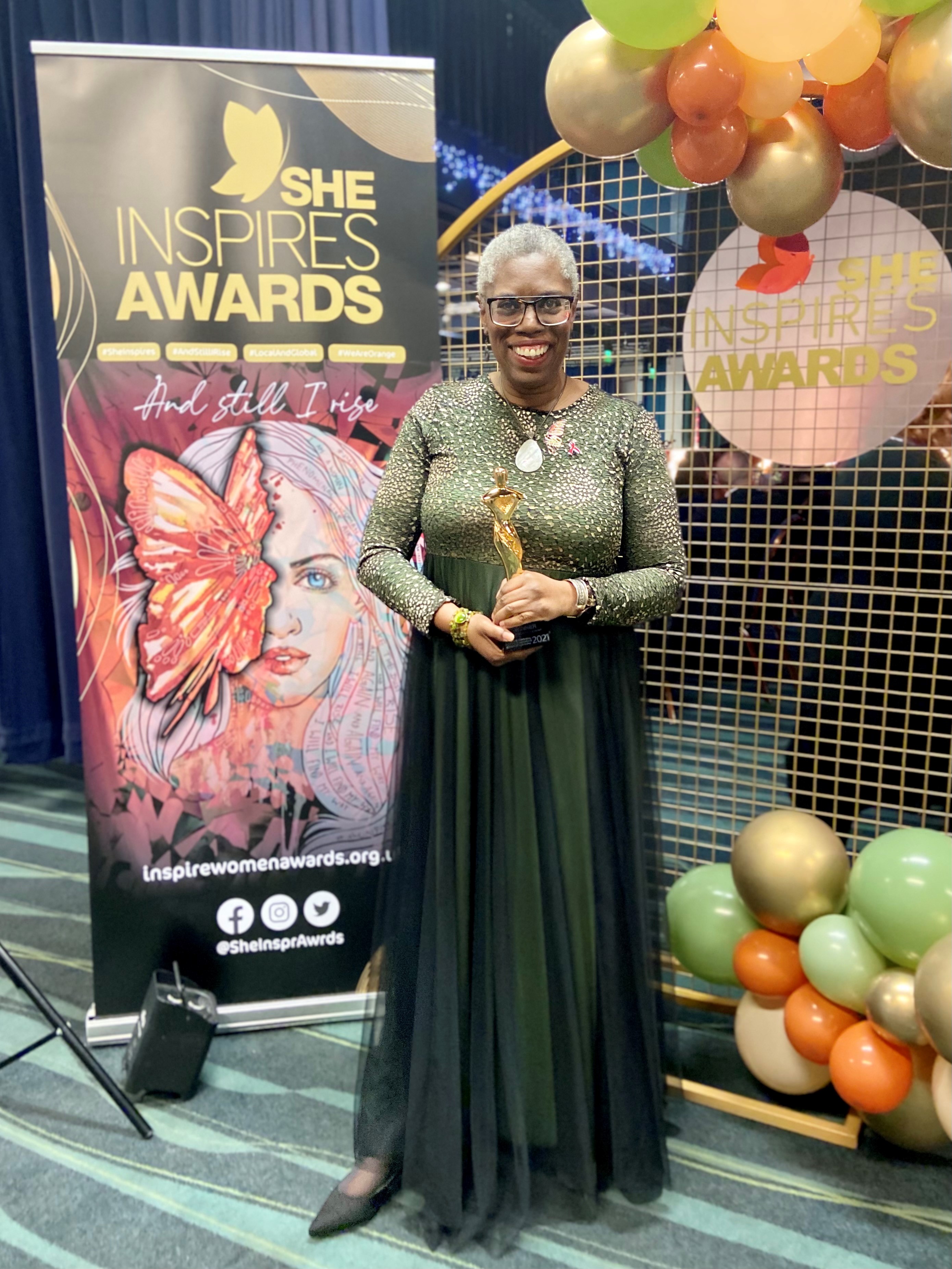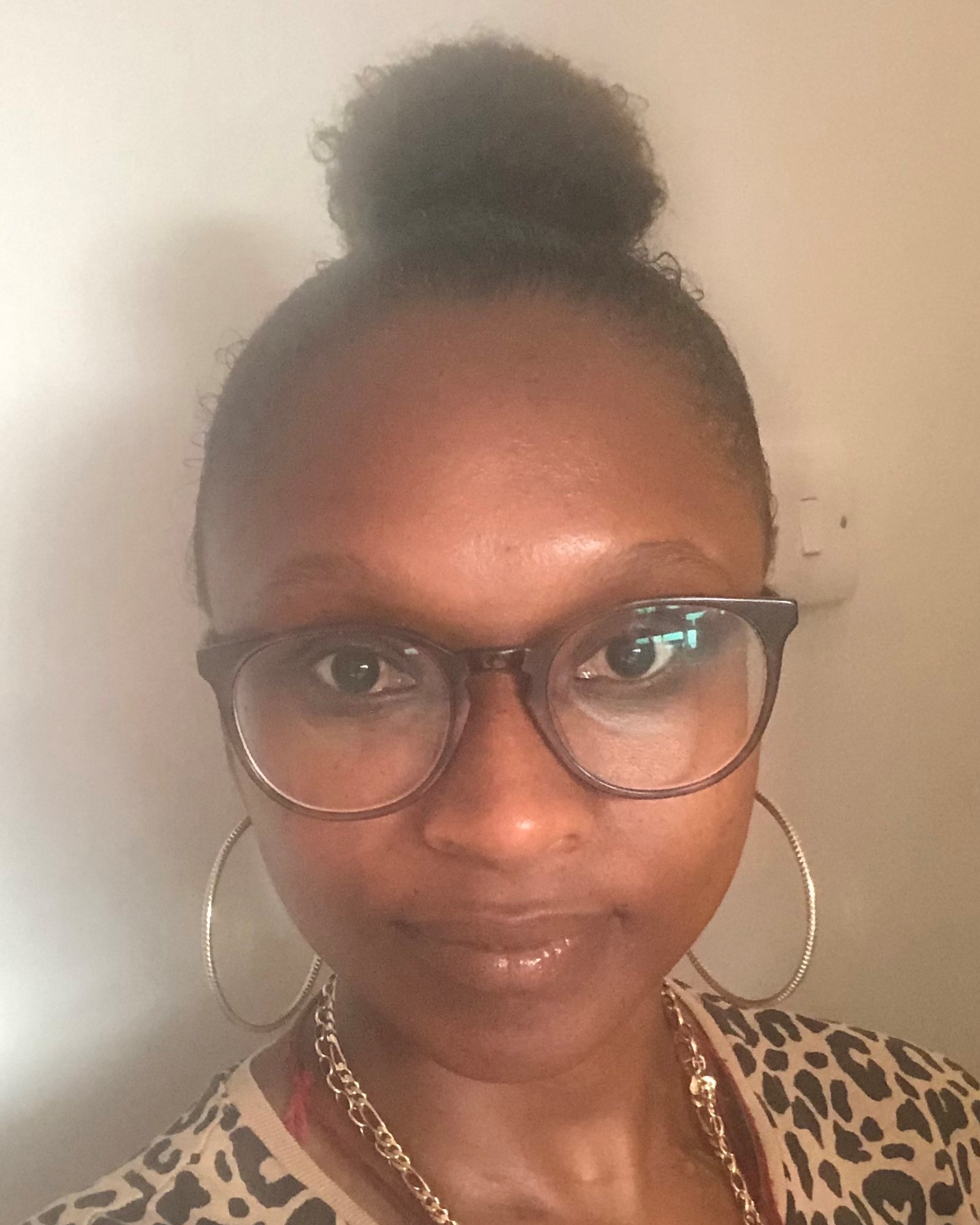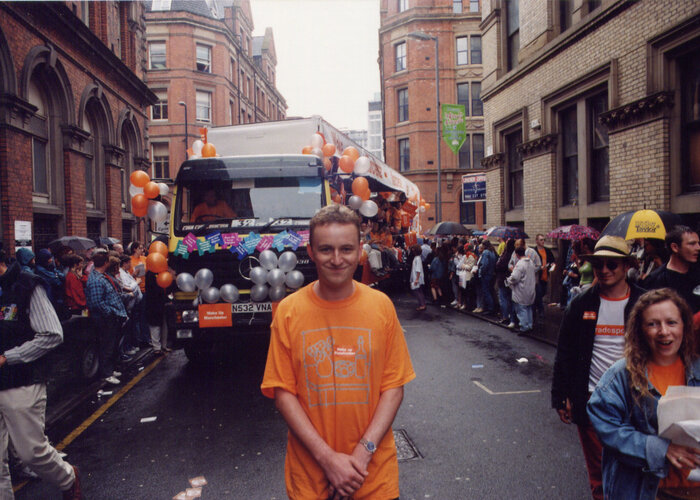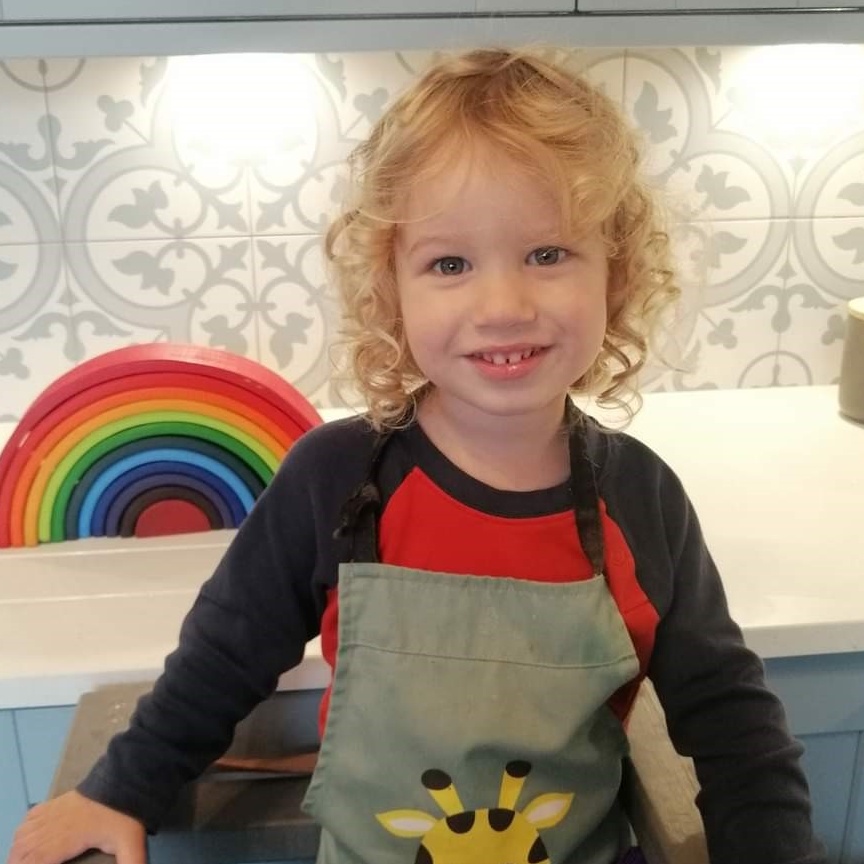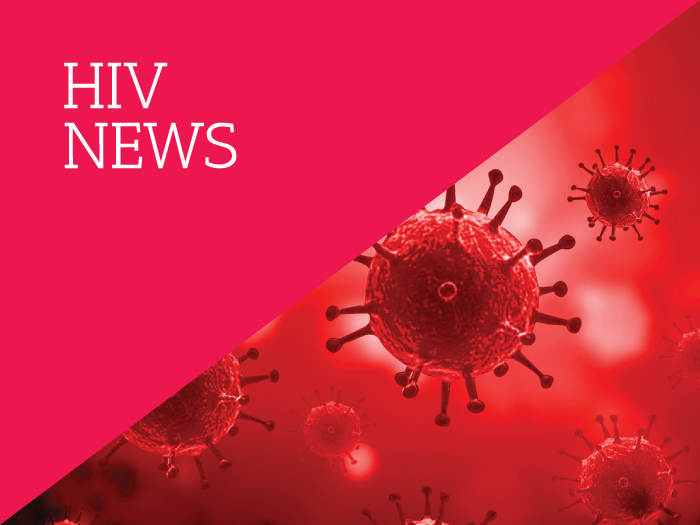
Mpox– Important information.
Below is an update on the current situation with regards to the number of people currently affected, how Mpox is transmitted, symptoms and what to do if you think you may have monkeypox.
As you will be aware, there is on ongoing outbreak of ‘Mpox’ in the UK, other parts of Europe, the US and Canada.
The UK Security Agengy (UKSHA) have stated that 'everyone is being asked to be aware of Mpox symptoms but it's particularly important gay, bisexual, and other men who have sex with men are alert. I-base have also stated that 'although Mpox is still very rare in the UK. The risks are significantly higher for some gay and bisexual men'.
They go on to note that the recent outbreak is ‘significant and needs to be taken seriously’.
To date there have been over 1000 cases of Mpox reported in the UK with 80% of these in the Greater London area. There has also been a significant number of cases reported in the North West and this number is expected to rise.
With direct skin contact, Mpox is highly infectious and easily transmitted.
It’s important to note that Mpox is normally a mild illness and is unlikely to lead to further complications. Most which most people recover from in a few weeks. In the current outbreaks, 1 in 10 people need to be treated in hospital, this is usually to help manage pain. There have been no deaths linked to the current outbreak.
How does Mpox transmit?
- By close contact with someone who has symptoms, e.g. touching skin, sexual contact, kissing, hugging – this is especially after the ulcers have developed. This is because the fluid in MPX blisters is highly infectious.
- Through droplets in the air – this usually involves extended time with someone in a room with poor ventilation. For example, spending more than 3 to 6 hours, where you are within two meters.
- Touching clothing, bedding or towels used by someone with the Mpox rash.
The risk of catching Mpox is generally low. However, it is much higher for people who have multiple partners, or whose partners have these risks. There is a greater risk of catching Mpox from sexual partners and people you live with.
There is a greater risk of catching Mpox if you attend sex parties, sex on premises venues (e.g. a sauna), attend cruising grounds or have multiple individual sexual partners.
What are the symptoms?
Based on the limited data available, it can take from 1 to 3 weeks for Mpox symptoms to develop. For most people, this is 10 to 12 days after contact.
Initial symptoms of Mpox include fever, headache, muscle aches, backache, swollen lymph nodes, chills and exhaustion. Unexpected or unexplained spots, ulcers or blisters can develop, often beginning on the face, then spreading to other parts of the body including the genitals.
The spot, ulcer or blister changes over time and goes through different stages, and can look like chickenpox, herpes or syphilis, before finally forming a scab, which later falls off.
Symptoms last for up to four weeks.
HIV and Mpox
The British HIV Association (BHIVA) has stated that HIV should not increase the risk of catching Mpox. Nor, based on what we currently know, is HIV linked to different symptoms or outcomes. This is based on an undetectable viral load and a CD4 count that is well above 200.
It is currently being reported that roughly half of the Mpox cases have been in men who are living with HIV.
What should I do if I have symptoms?
Do not attend a clinic, hospital or your GP in person, unless they arrange an appointment with you.
Contact your local sexual health/GUM clinic if:
- You have a new unexplained/unexpected spot, ulcer or blister on your body, especially the face or genitals.
- You have been in contact with someone who has Mpox in the last three weeks.
Mpox Treatment and Vaccine
There is treatment for Mpox. This is only used if needed, with most people able to manage the illness at home.
Sexual health services cross Greater Manchester have received a small supply of a smallpox vaccine. This vaccine can be used to protect people from the Mpox virus.
There is a limited supply of the vaccine so, initially, one dose is being offered to those at highest risk by sexual health clinics they are known to. As more vaccine supplies become available, more people will be offered the first dose of the vaccine.
Please do not contact clinics regarding vaccination, they will be in contact with pateints to offer the vaccine as supplies become available. You can find out more about why you might have to wait here: Why do I have to wait for my smallpox (MVA) vaccination (publishing.service.gov.uk)
Information for patients about the vaccine and who is eligible can be found here: Mpox vaccination resources - GOV.UK (www.gov.uk)
Can I come to George House Trust if I have symptoms?
If you are experiencing any of the symptoms listed above, or feel generally unwell, do not come to the George House Trust building.
If you require support, we can provide this over the phone or online. You can contact our office directly on 0161 274 4499 or email talk@ght.org.uk.
You can find additional information about Mpox here:
General information about Mpox from the NHS
BHIVA rapid statement on Mpox virus
(some information in this article is courtesy of the Terrence Higgins Trust, I-Base and BHIVA)

